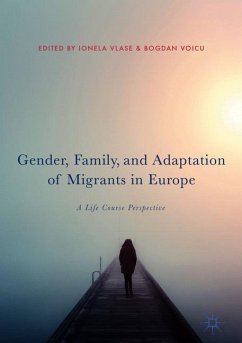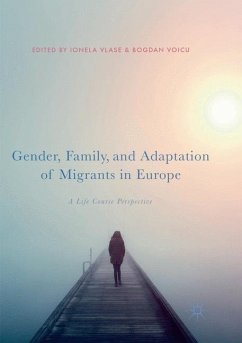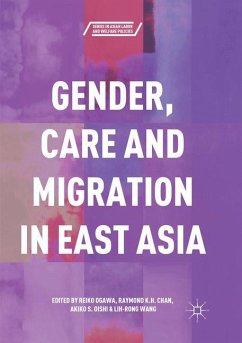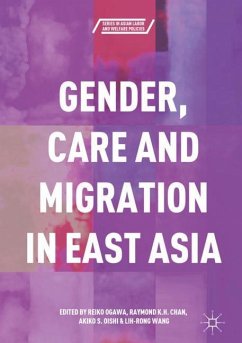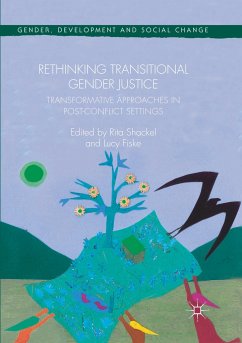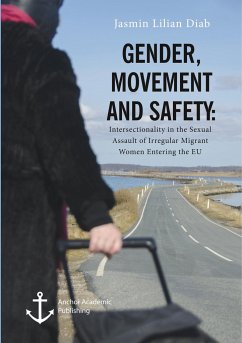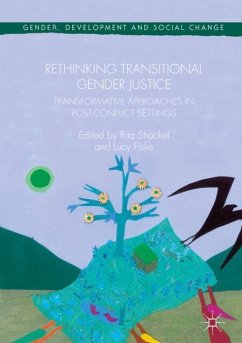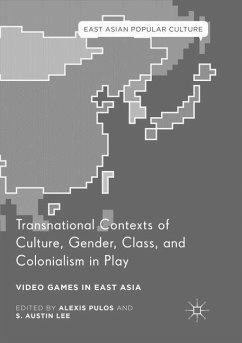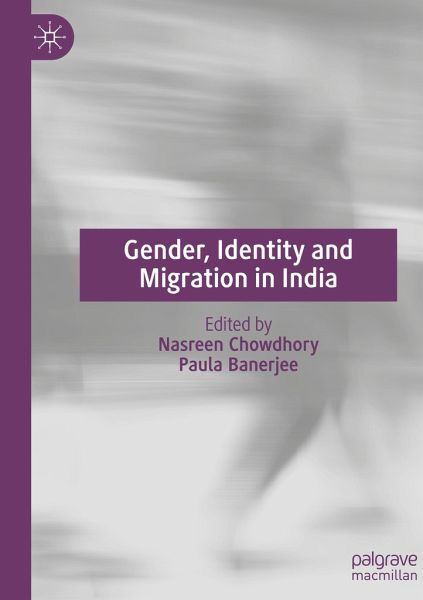
Gender, Identity and Migration in India

PAYBACK Punkte
53 °P sammeln!
The book focuses on voices of displaced women who constitute a critical part of the migration process through an unravelling of the engendered displacement. It draws attention to the various processes, methods and approaches by national and international human rights and humanitarian laws and principles, and the experiences of the relevant communities, organisations towards peaceful co-existence. The contributions to this volume embellish the argument that there is a direct correlation between an academic researcher's positionality, methods and trajectories of critical knowledge production. In...
The book focuses on voices of displaced women who constitute a critical part of the migration process through an unravelling of the engendered displacement. It draws attention to the various processes, methods and approaches by national and international human rights and humanitarian laws and principles, and the experiences of the relevant communities, organisations towards peaceful co-existence. The contributions to this volume embellish the argument that there is a direct correlation between an academic researcher's positionality, methods and trajectories of critical knowledge production. In particular, feminist epistemologies with specific emphasis on post-coloniality utilized in conjunction with scholarship related to transnational migration studies constitute a distinctly powerful vantage point for challenging methodological nationalism and the syndrome of 'seeing like the state' in the area of forced migration studies.





